- About Council
- Have your say
- Contact us
- Job vacancies
- Partners and advisory groups
- News and information
- Meetings
- Plans and reports
- Services and Requests
-
Projects
- Reimagining our town centres
-
Our towns improvements
-
Ōtaki projects
- A blueprint for Ōtaki
- Ōtaki Civic Theatre seismic strengthening
- Ōtaki Pool upgrade
- Ōtaki reservoirs
- Ōtaki wastewater gravity main
- Elevate Ōtaki
- Energise Ōtaki
- NZTA's revocation works – Old SH1
- Completed - Ōtaki Gorge Road slips
- Completed – Stormwater upgrade
- Completed – Ōtaki Civic Theatre
- Completed – Tasman Road
- Paekākāriki projects
- Paraparaumu projects
- Raumati projects
- Te Horo projects
- Waikanae projects
-
Ōtaki projects
- Districtwide investments
- Playground upgrades
A blueprint for Ōtaki
We’re working on how we can support and develop key infrastructure, public transport, and housing in Ōtaki, while also making sure key government health, education and social services meet our community’s needs, now and in the future. We’re working on important water supply, wastewater, stormwater and roading projects in Ōtaki, to support our community’s resilience and futureproof our town.
We want to bring together the right people at the right time, so the benefits of any development are supported by iwi and our wider community. We need to protect the unique characteristics and cultural identity of Ōtaki as we look at housing needs for residents and mana whenua.
Ōtaki infrastructure projects
Video: an update from Council's CE, Darren Edwards, on the work we're doing in Ōtaki
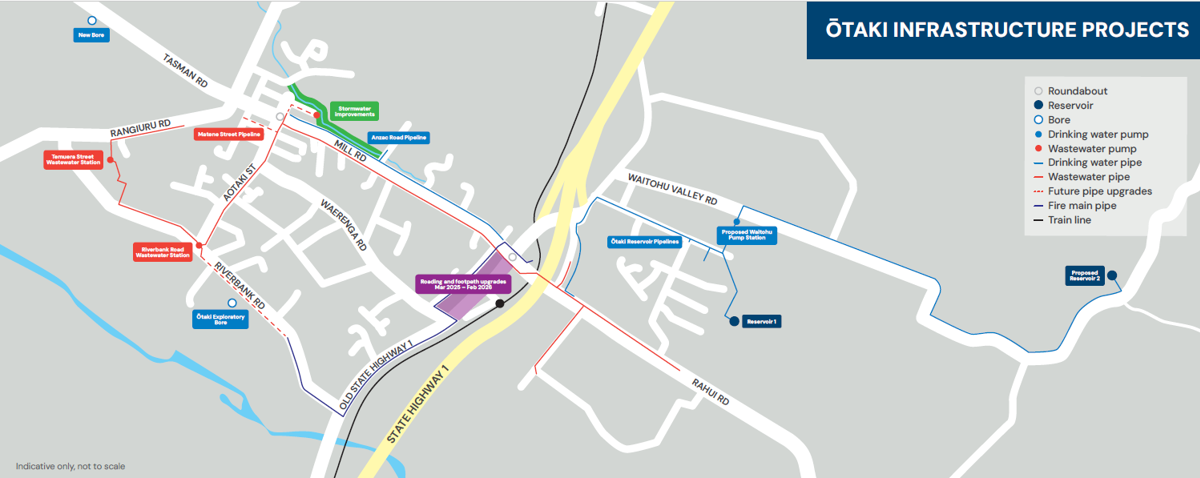
Housing stress
We have a shortage of houses across the Kāpiti Coast, especially in Ōtaki. Our town needs a range of housing, including:
- social housing
- affordable rentals for people who can’t access social housing
- Māori-led housing solutions
- student accommodation.
Traditionally affordable housing has seen the largest price jumps in recent years. This is challenging for existing residents, and has cultural and social impacts for our communities.
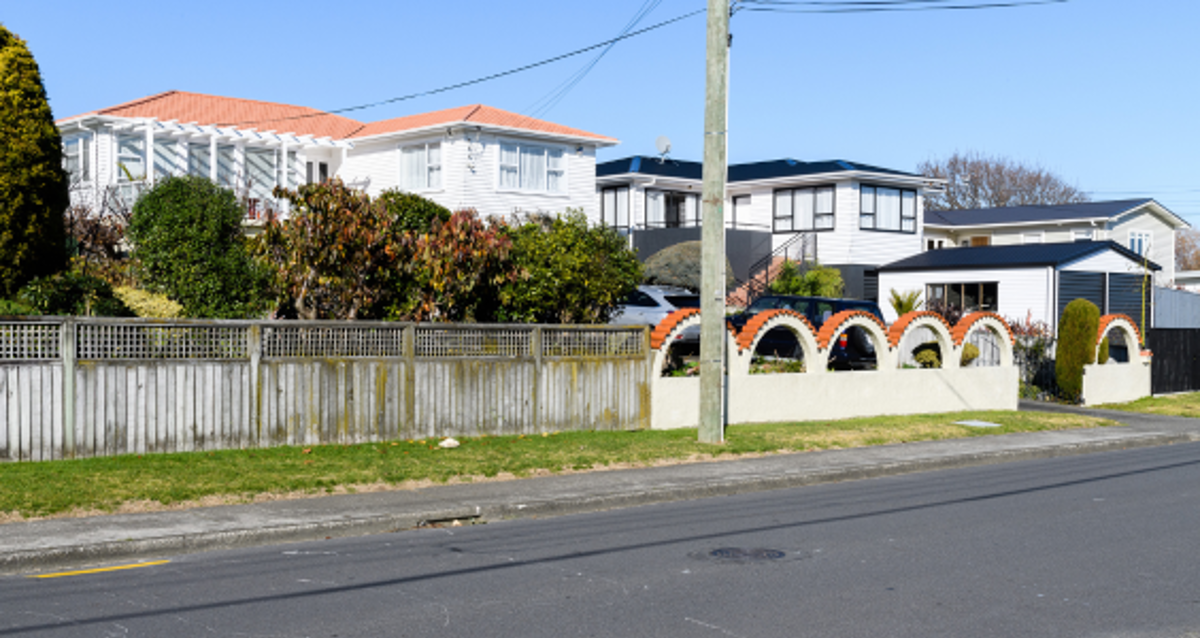
Without enough options, local people have been forced out of their communities to find somewhere more affordable to live.
Council’s Housing Strategy 2022 outlines our vision and principles, the roles we can play, and how we can deliver better housing outcomes for Kāpiti in the short, medium and long term. It guides how we prioritise investment, make the most of partnership opportunities, and coordinate our housing support. It focusses on developing affordable and papakāinga housing to help reduce housing pressures.
Council, mana whenua and the wider community want a planned and coordinated approach to development in Ōtaki that:
- keeps the town’s cultural identity and unique characteristics
- addresses current and future housing needs
- delivers quality, sustainable development.
We know Ōtaki has unique housing challenges, and solutions must meet these local needs.
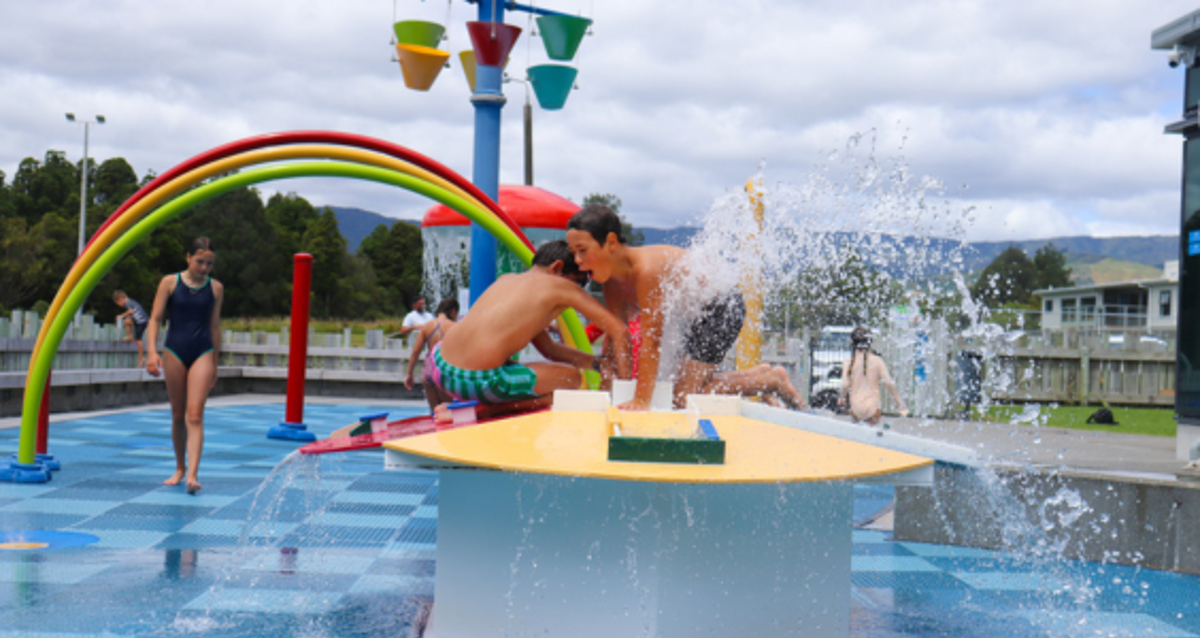
We also know housing stress must be looked at with the other issues impacting wellbeing in our community. You can read more about this in Understanding housing need specific to Ōtaki at Housing needs assessment.
You can read more about our work to reduce housing stress across our district at in our Housing section.
Ōtaki Complex Development Opportunity
Key infrastructure, public transport and government’s health, education and social services are also under pressure in Ōtaki. Parts of our community are also concerned about how growth will impact whānau, the wider community, and the town centre.
The Ōtaki Complex Development Opportunity (CDO) will be a key tool for sustainable development for Ōtaki. This is one of seven CDOs being developed across the Wellington region, forming a regional project to deliver the objectives of the Wellington Regional Growth Framework, which include:
- increasing housing supply, and improving housing affordability and choice
- enabling growth that protects and enhances the quality of the natural environment and accounts for a transition to a low/no carbon future
- improving multi modal access to and between housing, employment, education and services
- encouraging sustainable, resilient and affordable settlement patterns/urban forms that make efficient use of existing infrastructure and resources
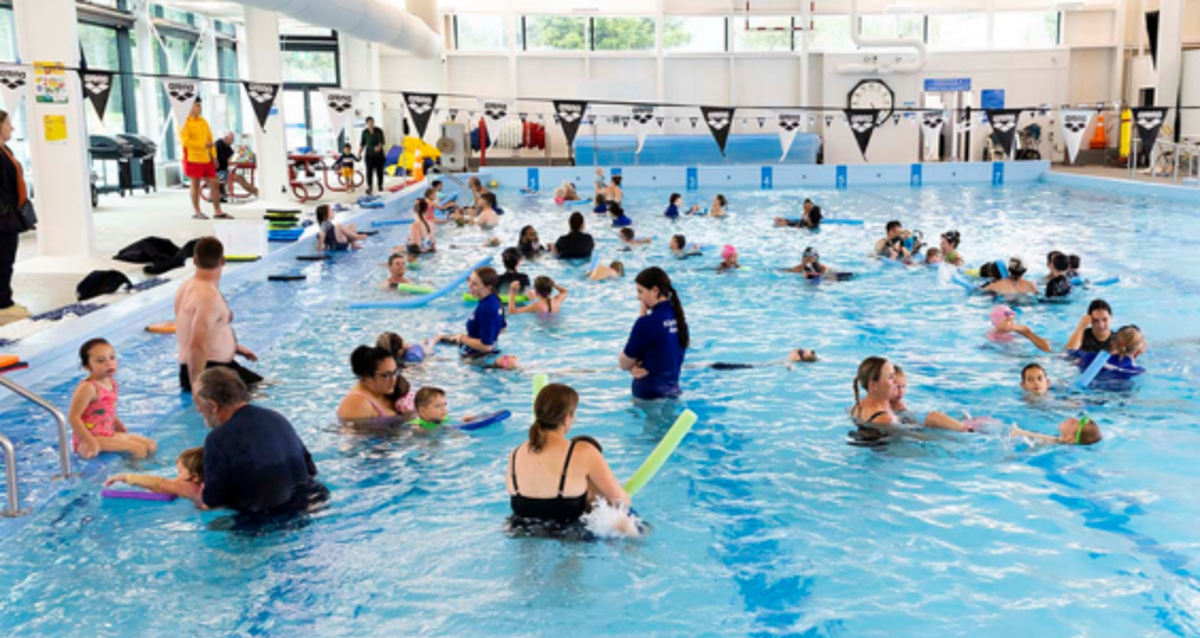
- building climate change resilience and avoid increasing the impacts and risks from natural hazards
- creating employment opportunities.
Read more about this in the Framework Report 2021, available at Wellington Regional Growth Framework.
The Ōtaki CDO will give us a framework to help coordinate planning and infrastructure, services and facilities.
CDOs will give transparency through regular monitoring and progress reports, and formalise project partnerships between iwi, central and local government. You can find out more about CDOs at Wellington Regional Growth Framework.
Improving infrastructure for Ōtaki homes
Infrastructure Acceleration Fund
The Government set up the $1 billion Infrastructure Acceleration Fund (IAF) to help increase the number of houses built and how quickly they can be built. The fund helps councils and others provide new or upgraded infrastructure (like roading and the three waters services) so new homes can be built where more housing is needed.
In 2022 we received an IAF grant for Ōtaki of $29.3 million over 10 years. This will help us start early on some of our critical infrastructure improvements. It will help us with more than 1,000 papakāinga, affordable and market homes, providing capacity to meet the current and future housing need in the community.
Infrastructure improvements for Ōtaki
The IAF investment means we can bring forward and deliver improvements across our network, rather than delivering single projects one at a time. We’re delivering a $50 million programme of infrastructure upgrades (including $29.3 million government IAF funding) in Ōtaki. We’re making improvements to our drinking water, wastewater, stormwater and transport networks.
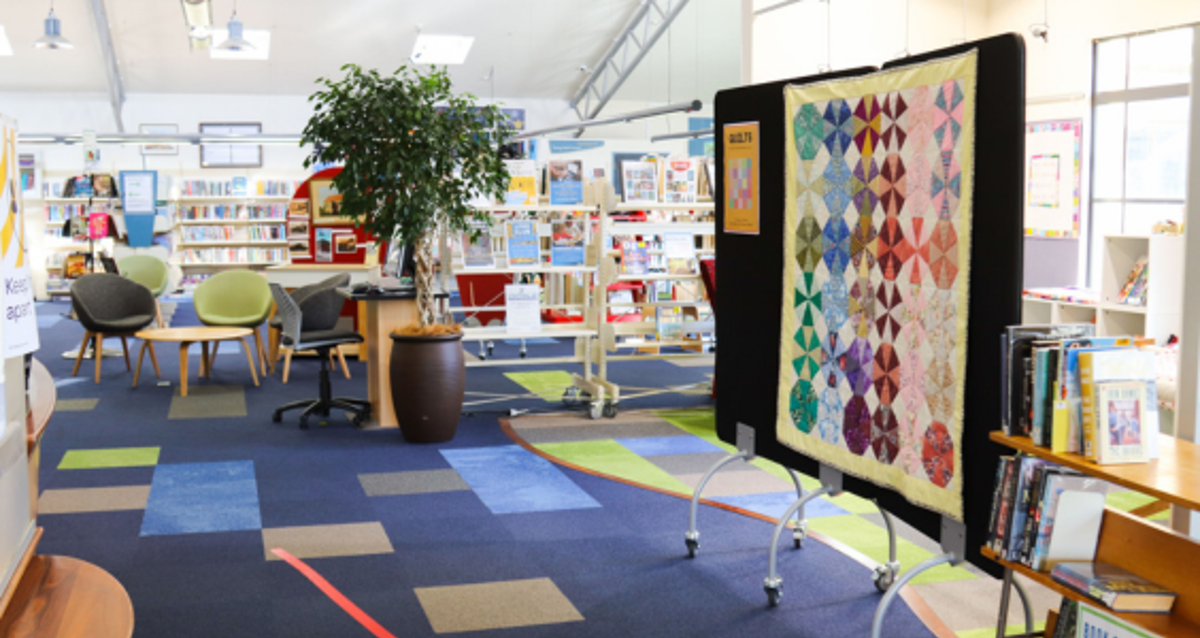
We’ll time the projects to line up with proposed growth and other priorities like maintenance (for example, to replace equipment that’s at the end of its life).
Drinking water improvements
Most of the Ōtaki community gets their water directly from the reticulation network, and there’s not enough water stored in the system for 24 hours of water in an emergency. If a bore fails or electricity is cut to certain pumps, most of the community would immediately lose their water supply. This means the drinking water network is not resilient enough to provide for the population.
We’ve identified five projects to improve resilience and increase capacity of the water supply network to serve proposed growth:
- building a new 5.5-million-litre reservoir
- building a new 0.65-million-litre reservoir to support the existing Waitohu Reservoir
- upgrading the County Road pump station
- constructing a new supply bore
- installing a new water main along Anzac Road.
Wastewater improvements
During high rainfall the Ōtaki wastewater network can flood and lead to overflows. Wastewater overflows due to:
- network infiltration – when groundwater gets into underground wastewater pipes through old pipes
- inflow – when stormwater pipes are cross-connected to the sewer network.
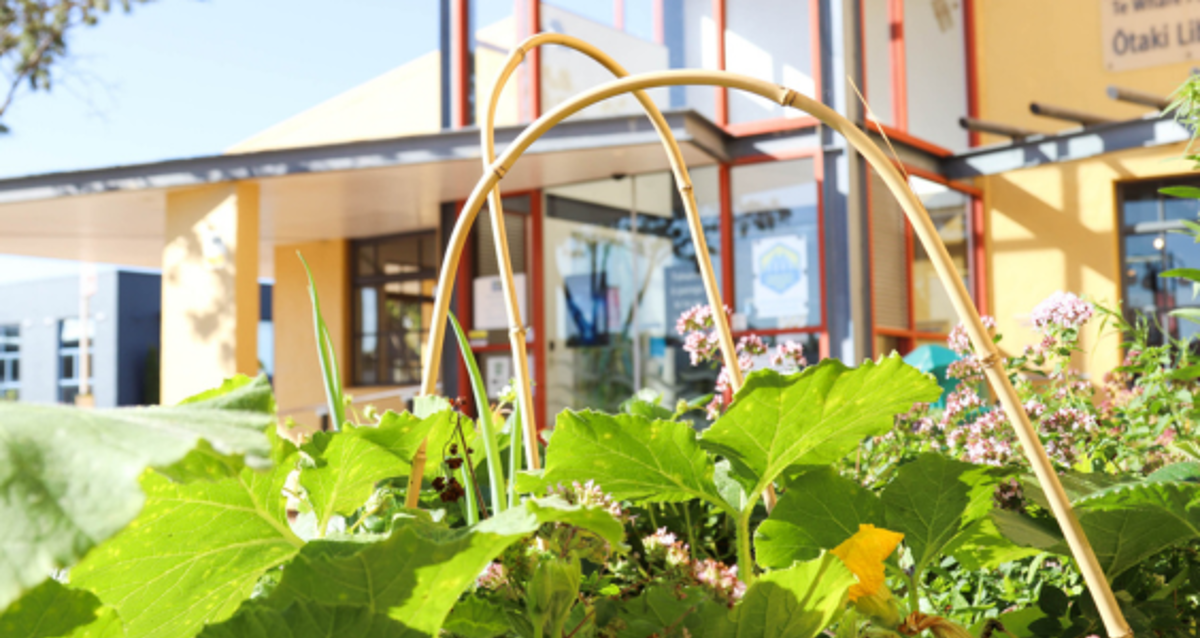
We’re looking at and, where possible, fixing network infiltration and inflow cross-connections as part of our everyday work.
Parts of the wastewater network are nearing the end of their life and need to be renewed and upgraded to support growth. The proposed projects also increase the resilience of the network and increase its efficiency due to the reduction in the number of pump stations needed.
Over the next five years, Crown funding from the Infrastructure Acceleration Fund will support us to deliver a $17.9 million programme of four wastewater network upgrades:
- Covering the area east of the Expressway, we’ll lay new wastewater pipes along Rahui Road (from Freeman Road to County Road), Te Roto Road (from the Racecourse entrance to Rahui Road), and along the new section of County Road.
We plan to make this a gravity supply to connect into the existing network, but this requires a new pipe to be bored under the Expressway. If the new pipe can’t be built, we’ll need to build a new pump station on County Road. - We’ll install a new gravity main pipeline along Mill Road and Aotaki St. After the gravity main is installed, we’ll relocate the wastewater pump station located on Raukawa Street. A new section of rising main pipe will be laid from the relocated pump station to the new gravity mains (lifting the wastewater from a lower ground level up to the new pipe).
- The pump station near the intersection of Riverbank Road and Aotaki Street will be upgraded. We’ll install a new, bigger gravity main pipe along Riverbank Road from 100m east of Miro Street to the western end of Miro Street.
- Install a new gravity main from around 226 to 202 Rangiuru Road, then south to the existing pump station. This will be upgraded to increase its capacity and a new rising main will be installed from there to connect to the treatment plant.
Progress of wastewater projects
Project 2, the new gravity main along Mill Road and Aotaki Street is being built first. Construction began in mid-2024 and will be finished in late 2025. The other projects are being further investigated and designed.
Stormwater improvements
Our stormwater system is at capacity and can’t cope with the extra volume of rainwater we’re experiencing due to climate change. The water table across our district is high, so water’s not draining like it used to, and soak pits aren’t working.
We’re looking at the updated flood hazard mapping, and investigating stormwater issues around areas where growth has been proposed, such as Anzac Road, Rangiuru Road, and near the racecourse.
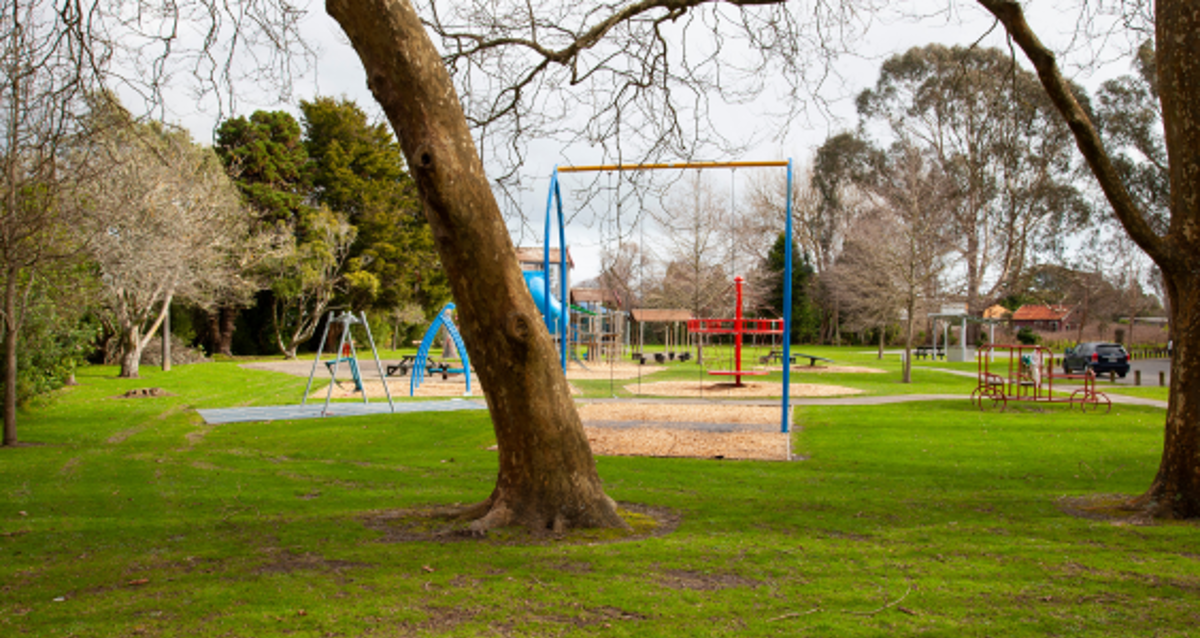
Stormwater projects are considered successful based on:
- their hydraulic neutrality (the amount of stormwater that can be dealt with on a property, and not released into the stormwater system)
- their impact on the stormwater system
- the quality of the stormwater; that the stormwater isn’t contaminated before it’s let out to the sea or a stream
- the level of service they give to homes and businesses
- the value for money compared to the project cost.
Government’s fast-track consenting process
Some developers may ask to follow the Government’s fast-track process for resource consent for their projects, by applying to the Minister for the Environment to become a referred project. If the Minister accepts their application, it will be referred to an Expert Consenting Panel rather than be managed by Council.
See COVID-19 Recovery (Fast-track Consenting) Act 2020 on the Ministry for the Environment website for more on how this works.